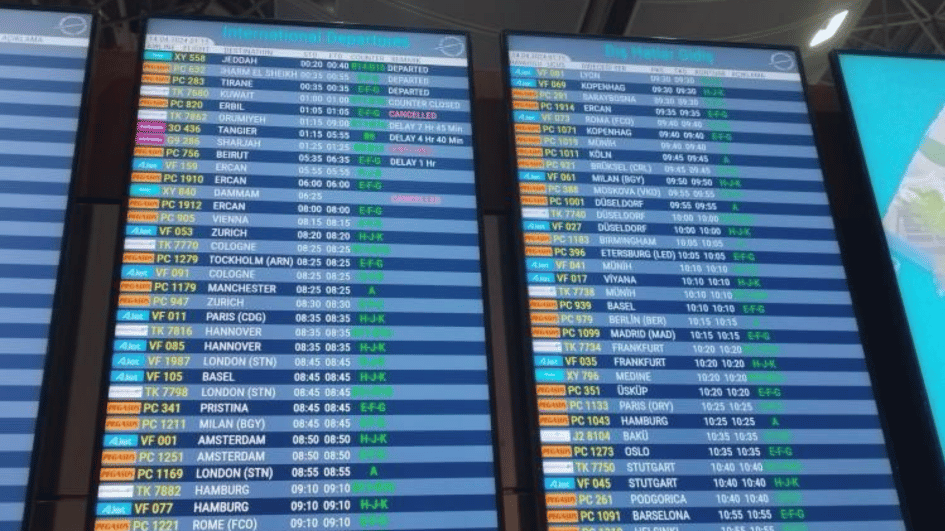Gov’t replaces more than 2,500 judges and prosecutors in latest mass purge
ANKARA

The government has replaced more than 2,500 judges and prosecutors, in its latest mass purge in the police and judiciary.
The Turkish government has replaced more than 2,500 judges and prosecutors, in its latest mass purge in the police and judiciary.A decree replacing 2,224 judicial officers and 293 administrative officers employed in the judicial bodies was released by the 1st Chamber of the Supreme Council of Judges and Prosecutors (HSYK) late June 11. “The 2014 Judicial Justice Summer Decree” included hundreds of chief prosecutors, chiefs of heavy penal courts, judges and prosecutors. It assigned new deputy chief prosecutors to the capital Ankara and Turkey’s largest city Istanbul, while replacing chief prosecutors in a number of provinces around the country, including Balıkesir, Bursa, Çanakkale, Elazığ, Erzincan, Eskişehir, Hatay, Trabzon and Van.
Both in terms of quantity and quality, the decree is considered as the most serious blow by the ruling Justice and Development Party (AKP) government against what it calls the “parallel state.”
Prime Minister Recep Tayyip Erdoğan alleges that the “parallel state” orchestrated the Dec. 17 and the Dec. 25 of 2013 corruption investigations - which ensnared the sons of three former ministers and businesspeople known to be close to the government - in order to unseat him and his government. The AKP has responded with a series of huge counter-reaction of purges and replacements, particularly in the judiciary and the police, where Gülen’s followers are believed to be prominent, as it aimed to contain the damage.
Hours before the release of the latest decree, Teoman Gökçe, member of the 1st Chamber of the Supreme Board of Judges and Prosecutors (HSYK), the highest judicial body of the country that has become the center of focus for the government’s moves against the Gülen movement, announced his resignation from membership of the 1st Chamber.
Throughout a process that began after a meeting in January, during which members of the 1st Chamber were replaced upon an initiative by the justice minister, four separate decrees have been released, Gökçe noted in a written statement.
These decrees included assignments that were in violation of the independence of the judiciary, he added.
“I have to express with sadness that with the 2014 Summer Decree, debates on which were finalized June 11, and which will go down in Turkish judicial history as ‘The Decree of Injustice,’ assignments similar to the ones in the decrees following Jan. 16 have been carried out. However, these [June 11] assignments are more unlawful, more unprincipled and more inconsistent [than the earlier ones],” Gökçe said.
“I have received no text concerning the resignation. I heard about it from reports and I don’t know if they [the reports] are true or not,” Bozdağ said on June 12, when asked about the resignation and Gökçe’s criticism of the replacements.
















